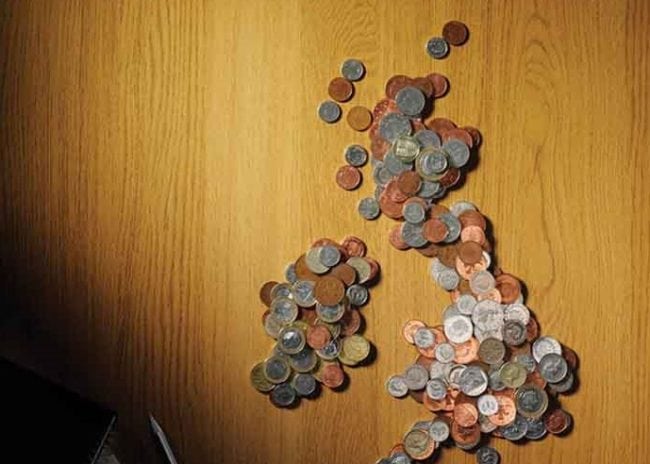Prime Minister Theresa May and European Union Commission president Jean-Claude Juncker declared a “breakthrough” in a press conference today, stating “sufficient progress” had been made.
As the deal was confirmed, sterling rallied against a number of currencies. Against the euro, it was up at €1.1463 after the announcement, but it failed to hold on to its early gain on the dollar after falling back half a cent.
Commenting on the deal, David Page, senior economist at Axa Investment Managers (Axa IM), said: “The Commission now believes that negotiations have made ‘sufficient progress’ to begin the next stages of Brexit discussions. This is not a formal acknowledgement and Juncker stated the Commission would provide its findings to the heads of state for their formal endorsement at next week’s EU Summit.
“We have long assumed that ‘sufficient progress’ would be achieved by December’s meeting. The growing urgency with which UK business has called for the need for a clearer view of transition after the UK leaves the EU in 16-months’ time, has likely galvanised the UK government’s resolve.
“Since Monday, when EU officials claimed the process was 90% complete, the emphasis has been on the implications for the border in Ireland. Today’s agreement involves further commitments not just that the UK would seek to oppose a hard border between the Republic of Ireland and Northern Ireland, but that this would not affect the internal constitution of the UK. This is to allay growing concern and resistance from the Democratic Unionist Party (DUP) in Northern Ireland, whose support is critical for PM May’s fragile government.”
Sterling uncertainty
However, uncertainty around whether the sterling will sink or swim remains. Page said that despite today’s announcement, it “does not yet guarantee relief for the UK economy” and “for that an actual transition agreement is required”.
Richard Stammers, investment strategist at European Wealth, agreed and was sceptical towards the “so-called breakthrough” that has “reignited” speculation that sterling might strengthen considerably this year.
He added: “There is a long way to go from here and we remain wary of any suggestion that the pound is in for an easy ride.”
During the press conference, Juncker added it has been a “difficult negotiation” but thanked May for her “determination”. He said that while the progress has been significant, more negotiation remains.
Timing is everything
Roger Hallam, chief investment officer at JP Morgan Asset Management, also commented that “the timing and clarity of the transition deal will be key in terms of the outlook for sterling”.
Hallam said: “It seems likely a transition deal will be agreed in the first quarter, with the terms likely to be dictated by the EU – developments over the past month have made it clear the EU is the dominant partner in the negotiations.
“We expect the focus will then shift to the terms of the UK’s trading relationship with the EU post the transition period. This will be a very difficult process, evidenced by the length of time it took to reconcile some of the softer issues within past negotiations.
Hallam added that “reconciling the irreconcilable” will prove a momentous task and the UK’s desire for a comprehensive trade agreement, while also seeking the limit free movement of people and achieve legal sovereignty, is likely to prove very challenging.
He said: “The Irish border complications have not been resolved by the agreement overnight. The issue of Gibraltar also needs to be addressed. We are therefore cautious that the market’s recent positive view on sterling could be reversed in the months ahead.
“A transition deal reduces downside economic risks and may allow the Bank of England to adopt a more hawkish posture in the months ahead, which would be sterling supportive.”









